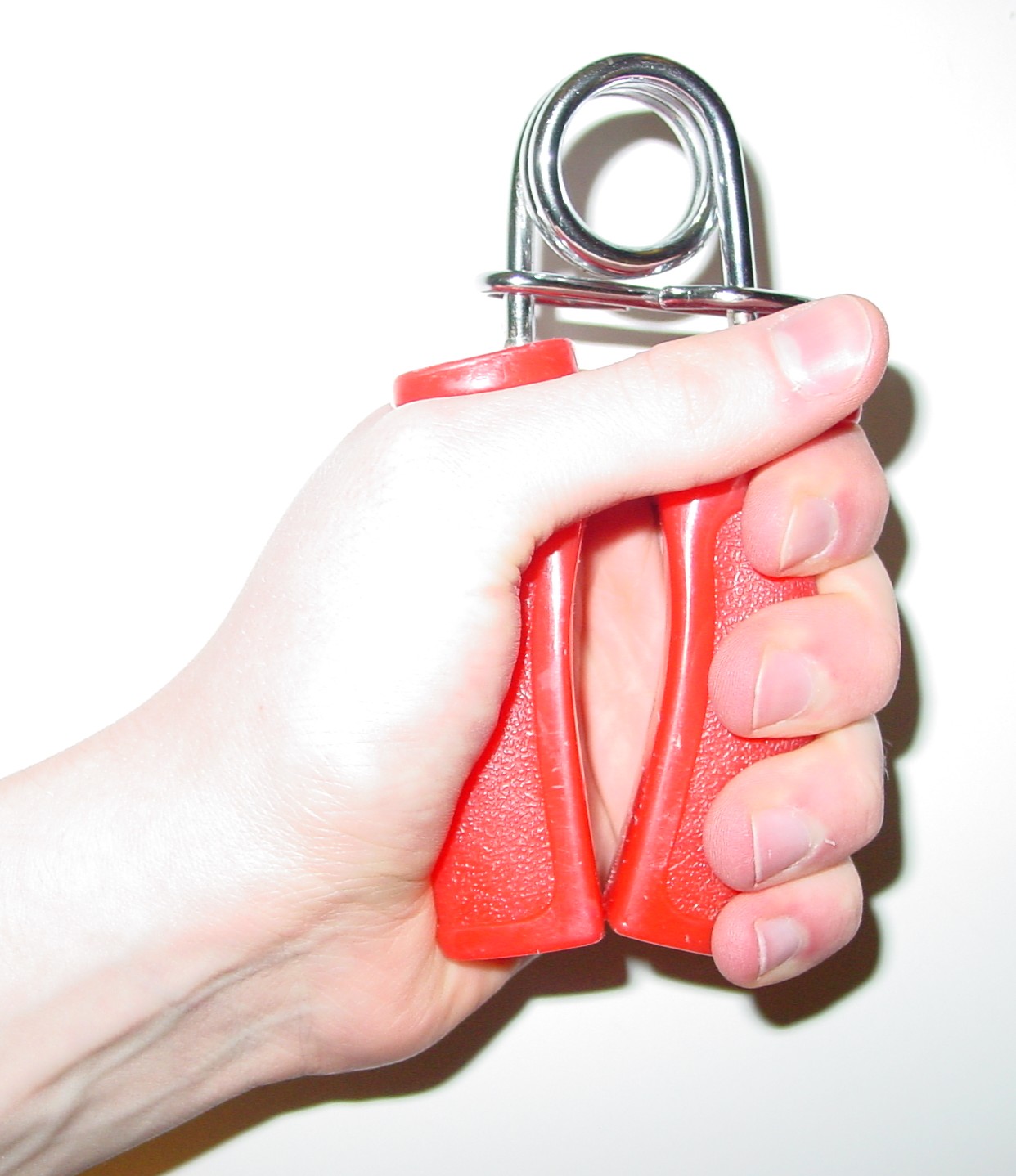
If you suffer from performance anxiety, you may want to consider if you have a problem with base tension levels.
Everyone has a base level of tension or a collection of muscular movements – a ‘set’ – that they take into every activity. FM noticed this right at the beginning of his investigations into his own vocal hoarseness. He found that he made three actions with his head in relation with his body: he pulled back his head, depressed his larynx, and sucked in breath. He first noticed himself doing these things while reciting. Soon, though, he found he did them to a smaller degree in normal speaking, too.[1]
When we are engaged in an activity that requires more of us – like reciting a particularly dramatic piece of Shakespeare, or playing in front of an audience – we do our habitual ‘set’ of muscular tension more. FM realised that the three ‘harmful tendencies’ that he noticed in himself were relatively small and didn’t have any particular effect during normal speaking. When he recited, however, the three tendencies were larger and more pronounced, and he would become hoarse while he was acting.
I recited again and again in front of the mirror and found that the three tendencies I had already noticed became especially marked when I was reciting passages in which unusual demands were made upon my voice … what I did in ordinary speaking caused no noticeable harm, while what I did in reciting to meet any unusual demands on my voice brought about an acute condition of hoarseness.[2]
FM’s three harmful tendencies had an immediate and negative effect upon his vocal prowess. But the physical tensions that we carry around with us on a daily basis may prove problematic when we are about to perform in a very different way.
The Yerkes-Dodson law
The Yerkes-Dodson Law has been around since 1908, and describes the relationship between arousal and performance. Put simply, if you are engaged in a fairly demanding task (like performing) and want your performance level to be high, then you need to hit a ‘sweet spot’ of arousal. You don’t want to not care or not feel anything at all, but you also don’t want your system to be so bombarded with stimuli and so full of stress hormones that you’re hitting the limit of what you can handle.

We know that stress hormones are likely to create a level of arousal that could impact upon our performance – ageing parents, unruly kids, a difficult job are all likely to take their toll. Sian Beilock explains:
People with chronic stress in their lives are likely to sit at the top of the U under normal conditions, so when they are faced with the added pressure of public speaking they may be more likely to perform poorly than those who normally sit on the uphill side. If a spouse who is anything but a calming entity is put into the mix, the consequences can be disastrous.[3]
Physical stimuli matter too
We often forget, though, that physical factors are likely to do the same thing. Trainer Don Clark tells a wonderful story about a colleague who was asked to give a training session for a meat packing company, and was given for his training room a cold storage area! The trainees had so much excess environmental arousal from the cold room that the trainer had to work very hard to reduce the arousal factors within his course so that everyone could learn effectively.[4]
Physical stimuli might not be all external, however. The base levels of tension that we take with us everywhere in the course of our day are likely to have just as big an impact. Think about it: FM Alexander noticed that he pulled his head back MORE when he was about to recite some demanding Shakespeare. Similarly, we are likely to increase our base tension levels in response to the stimulus of an impending performance:
- I walk around every day with (for example) very tight trapezius muscles and resultant raised shoulders. I’m already at a fairly high level of physical arousal. My system is irritable (used as a technical term here).
- I raise my shoulders a little every time I talk, or walk, or buy an ice cream.
- If I am about to do something more demanding – like perform in a concert – I will do the shoulder raising even more.
- This shoulder raising is likely to have a negative impact upon my ability to perform. This is because it sends my arousal level into the danger zone where my system is overloaded.
The solution? Reduce your base tension levels!
There are a lot of things that can help: breathing exercises, yoga, meditation, forms of therapy like CBT all help. But Alexander Technique is uniquely a tool that helps you to notice and change your habitual use of yourself. You can look in a mirror like FM did, and see if you can spot and then prevent the physical movements that you make as a precursor to every activity. Or you can book in to see someone like me. We can work on reducing your base tension levels using a combination of discussion and hands-on guidance.
If you are more relaxed – physically and mentally – on a daily basis, you will be more able to cope with the increased demands upon your system that performing involves. And then you’ll be better able to give the truly captivating performance that you most desire.
[1] Alexander, F.M., The Use of the Self, London, Orion, 1985, p.26.
[2] ibid., p.27.
[3] Beilock, S., Choke, London, Constable, 2011, p.316.
[4] Clark, D.R. (2010). Arousal and Performance. Retrieved from http://www.nwlink.com/~donclark/performance/arousal.html. Retrieved on 27 June 2019.
Image of hand-grips Elfer [CC BY-SA 3.0 (http://creativecommons.org/licenses/by-sa/3.0/)]
Image of Yerkes-Dodson graph from https://en.wikipedia.org/wiki/Yerkes–Dodson_law, accessed 27 June 2019.


